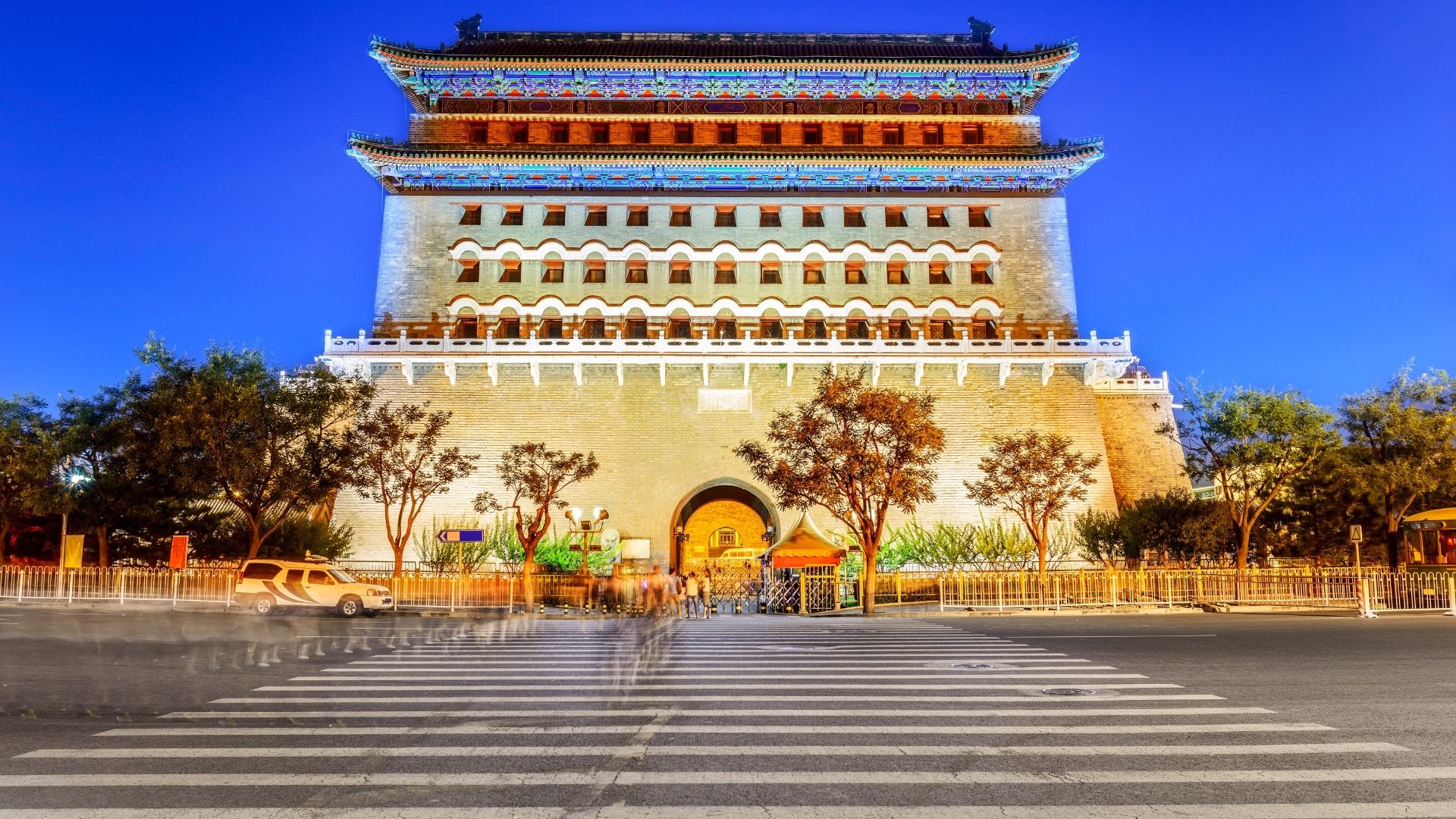Did you know?
China has become one of the first countries in the world to regulate generative AI. On 10 July 2023, the Cyberspace Administration of China (CAC) joined with six other central government regulators to issue the “Interim Measures for the Management of Generative Artificial Intelligence Services” (the “Interim Measures”) to regulate the provision of generative AI services. The Interim Measures will come into force on 15 August 2023 and aim to ensure security and transparency in this rapidly developing area. They follow draft regulations issued for public consultation in April this year as discussed in our previous alert Draft New Rules on Generative Artificial Intelligence in China.
Why does this matter to you?
The Interim Measures apply to services available to the general public in China and will make companies responsible for the output of their platforms. They will also require the data used to train the systems to meet certain strict requirements. Technology being developed in research institutions or intended for overseas users will be exempted.
A key provision of the Interim Measures is the requirement for generative AI service providers to conduct security reviews and register their algorithms in accordance with the “Provisions of Management of Internet Information Service Algorithmic Recommendation” if their services have the characteristics of public opinion or are capable of social mobilization. Only firms planning to offer services to the Chinese domestic public will be required to comply with the Interim Measures, and this includes overseas firms intending to operate business for the Chinese public. It is reported that Apple has removed generative AI apps from its China App Store in advance of the Measures coming into effect.
Significantly, the Interim Measures focus on the data used to train generative AI systems, which has not been covered in detail in earlier regulations. Article 7 includes a requirement to ensure that the intellectual property rights of others are not infringed during training, as well as a provision requiring the employment of effective measures to increase the authenticity, accuracy, objectivity and diversity of the training data.
Service providers will bear the responsibility of ensuring that their output is in accordance with the law, including upholding the Core Socialist Values, as well as fulfilling cybersecurity and data protection obligations. Where service providers discover illegal content, they must take prompt action to stop generation or transmission, remove content, correct their training model and report to the relevant authorities in charge. Where service providers discover that users are using generative AI services for illegal activities, they also have the duty to take measures, such as issuing warnings, restricting functionality, suspending, or terminating the provision of services to the users, and reporting such activities to the relevant authorities in charge.
The published Interim Measures are less onerous than the earlier draft published for consultation in April and have removed the provision regarding punitive fines that may be imposed for violations. They make clear that China wishes to encourage the development of the technology whilst preserving security, authenticity and accuracy of content, and societal interests. The Interim Measures are the latest addition to the regulatory structure around AI and related technologies. They were published hot on the heels of the rules governing “deep synthesis” services that already set out regulations to prevent deep fake and virtual reality technologies from being abused. These came into effect on 10 January 2023.
Currently, foreign generative AI platforms such as ChatGPT and Bard are not available in China. Domestic companies are racing to develop home grown systems including Baidu’s Wenxin Yiyan, Alibaba’s Tongyi Qianwen, and JD.com’s ChatRhino. However, the Measures explicitly encourage platforms to carry out international exchanges and to participate in the formulation of international rules relating to generative AI. With a growing international consensus among policymakers and experts that the use of generative AI should be regulated, many governments are grappling with the challenge of ensuring responsible and ethical deployment and use of the technology.







